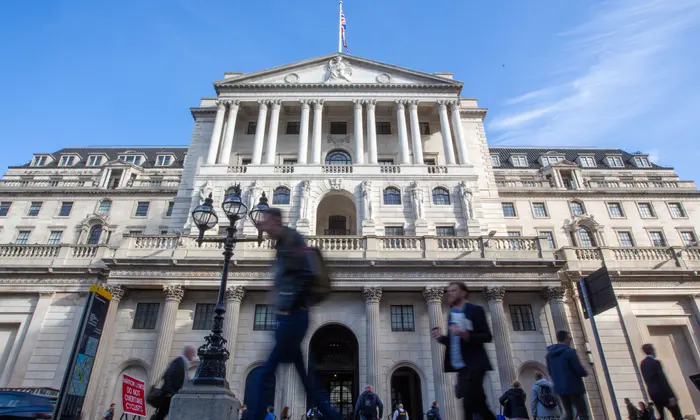It was considered an easy win when Rishi Sunak promised to halve inflation by the end of the year. That was January, when most economic forecasters were predicting the story for the UK in 2023 would be marked by recession.
Month after month, the figures have confounded those forecasts. The economy has proved more resilient – though only because it is going sideways rather than contracting – and inflation rampant.
The consumer prices index (CPI) stayed the same in May at 8.7% when City economists expected a fall to at least 8.4%. It wasn’t much of a drop, but the cost of living crisis affecting so many people would have eased.
Now the UK has the worst of all situations – rising prices, a flat economy and a central bank that has only one method of arresting the situation, and that is to raise interest rates to make enough people poorer that consumer spending goes down.
It is almost certain the Bank of England’s monetary policy committee will raise interest rates on Thursday from 4.5% to 4.75% or higher, despite at least two dissenting members arguing that the current rate is enough to depress the economy as the year rolls on.
It is clear from May’s figures that dramatic falls in energy and food prices, which were expected, have yet to bring down the CPI.
While wholesale gas prices are a fraction of their peak, and have been since the beginning of the year, long-term energy contracts have most likely prevented steeper falls in consumer prices.
Food inflation appears to have peaked, but the industry continues to drive up prices at record rates despite all its major input costs declining.
Unions have said all this points to price gouging by leading food businesses and the supermarkets to protect their profit margins.
Explaining what has been a global phenomenon, the US economist James K Galbraith joined a growing band who argue that greedflation is a factor pushing prices higher, not wages. He explained how, without the need for cartels or back-street deals, big firms find they can continue raising prices, even when their cost pressures are modest.
“In disturbed and disrupted moments, increased margins are a hedge against cost uncertainties, and there develops a general climate of ‘get what you can, while you can’. The result is a dynamic of rising prices, rising costs, rising prices again – with wages always lagging behind,” he said.
The UBS economist Paul Donovan said the same trend could be seen in the UK and Europe.
May’s data shows that most of the price rises are in areas of discretionary spending, like holidays, recreation and entertainment.
Britons have always demanded foreign holidays. And after three years of uncertainty and long periods of restrictions on travel, the sale of flights has rocketed. No one seems to mind that the airlines are hoping to recover some of their pandemic losses with much higher ticket prices.
Sunak could still score a victory. He has six months to go. Some of the biggest increases in energy and food prices happened last summer and these will not be repeated over the coming few months, which should mean inflation drops to 5% quite quickly.
Still, he thought it was going to be his easiest win and now it looks like being a Johnsonian gamble. He seems to have misread the UK economy, or at least the capacity of businesses to keep increasing prices without much justification. In that, he is not alone.
Source : TheGuardian











